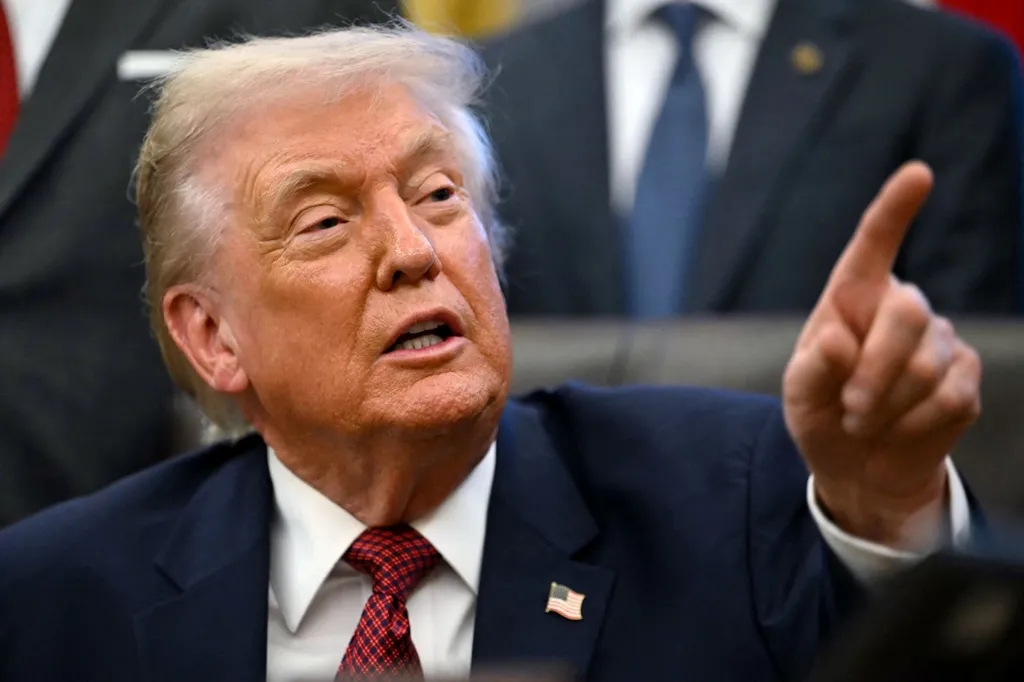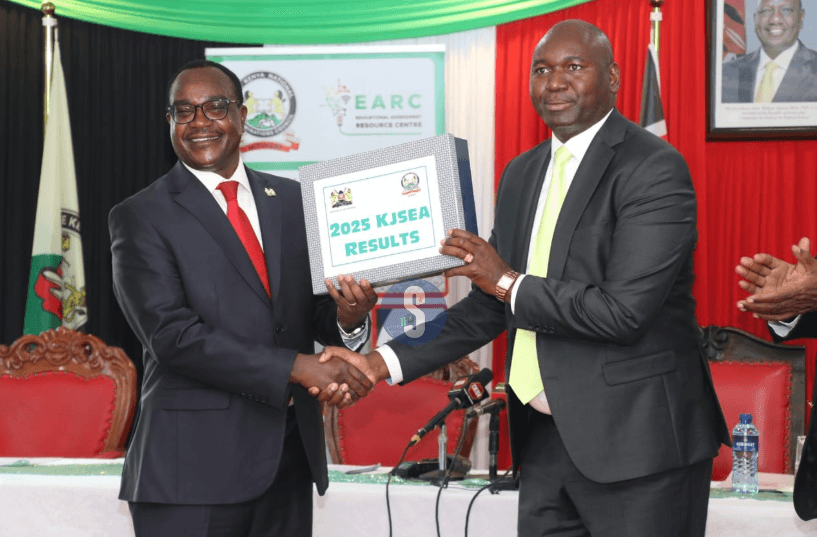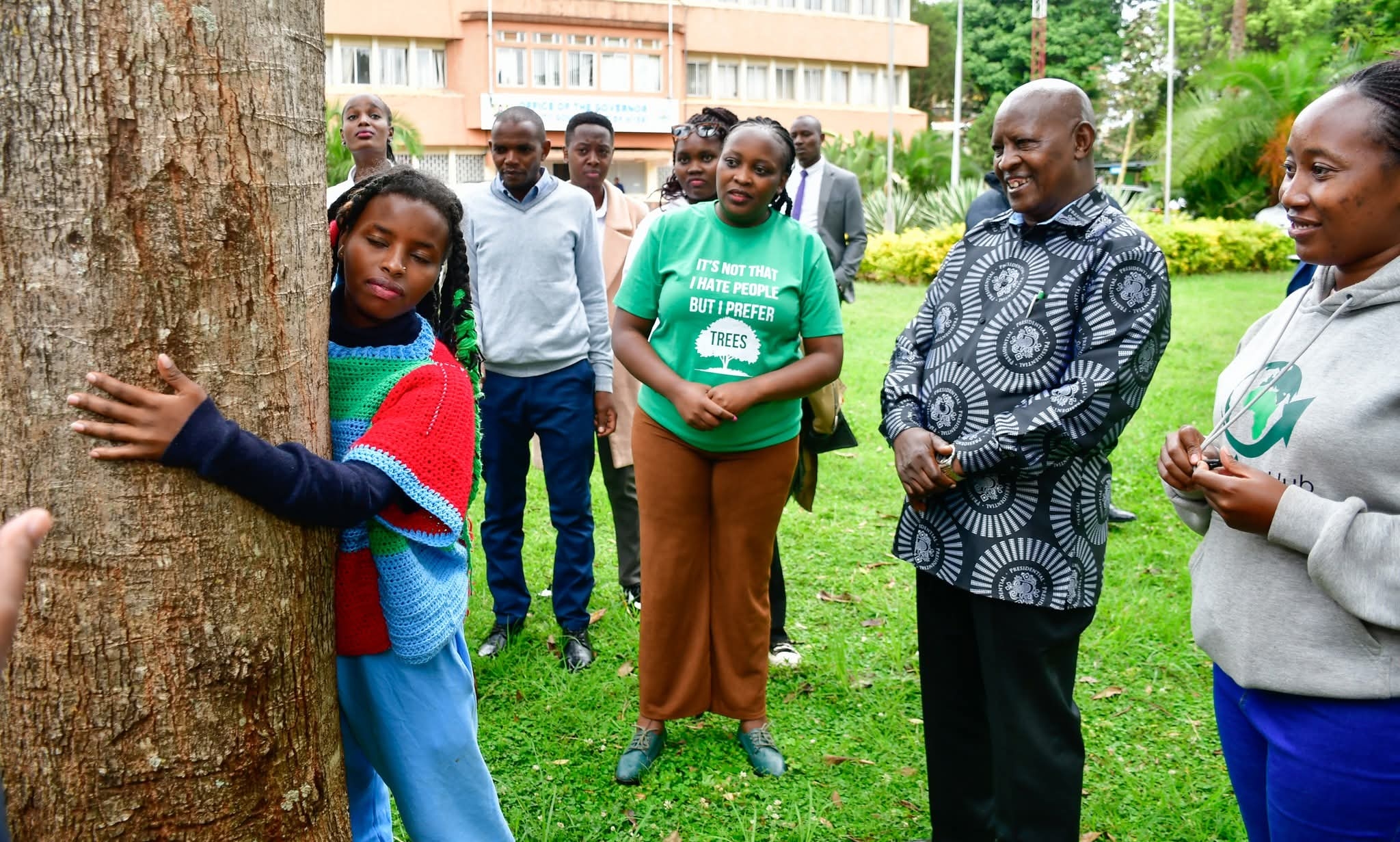Welcome, Douglas Kanja, Kenya’s new Inspector-General of Police Service. Hopefully, your four-year term at the top will be productive and memorable!
Aware that you are not new in the force and now a service, moving from the bottom as a constable to the top is not a mean achievement!
Hopefully, the all-inclusive and broad-based approach to managing public affairs will find space in your heart and administration as you lead the country in respecting the rule of law and order.
I know this is just a reminder, as you are very versed in matters of security and policing. From your responses during your vetting, you seem determined to be a good top cop.
The protection of Kenyans including your own officers is the least you can do, and this must be your personal undertaking—not just a few Kenyans but all Kenyans.
The most difficult but still achievable is not allowing the politicization of the service and its operations—I know you know the repercussions!
Whatever we do to reform the police, the principle must be to enable and improve their operational structures and efficiency to maintain law and order in the country.
From basic democratic policing manuals and case studies, IG Sir, much serious work happens when we apply intelligence-based policing as opposed to use of force, including disappearing suspects, misusing police officers, extrajudicial killings and attacks on journalists.
Sir don’t make the routine mistake of seeing all the law-and-order challenges in the country through a security lens.
Bwana IG Sir, try the integrated approach to dealing with the management of law and order and by extension, enforcing the rule of law—anchored a comprehensive national strategy including economic, social, political, and media pillars that respects citizens and puts the citizen at the centre of the service.
Sir, being that you are not a foreigner in the police service, you aware about this monthly disbursement of resources to public agencies and the general lack of resources in the country, lanning and operational issues will miss targets will be extremely frustrating, and will need very innovative and creative mechanisms to keep you going even as you work on proper utilization of the little you have.
Prioritise restoring trust in the Service as the recent allegations on citizen abductions—even if done by a secret squad have already done some damage and will squarely be blamed on you.
Work on winning the public and community trust, to enable information gathering, infiltration of criminal networks, use of experts in policing work, high coordination of police operations, a well-equipped and trained service, anchored on an accountable and transparent leadership that priorities and mainstreams the welfare and professional growth of officers.
A professional service must be allowed to plan and execute their operations based on intelligence gathered, collaborated by the other arms in the security sector, and even if under the orders of politicians, appear independent in their handling of crimes.
Even in the most extreme cases leaders give directions, police operations must remain guarded, and executed in the professional manner the command structure deems most appropriate.
The perception created is important—that they are being ordered—it shows that they are not ready and efficient in their work. It fails to insulate them from the perception of bias.
Article 244 of the Constitution demands that the National Police Service, strive for the highest standards of professionalism and discipline among its members; prevent corruption and promote and practice transparency and accountability, comply with constitutional standards of human rights and fundamental freedoms, and train staff to the highest possible standards of competence and integrity and to respect human rights and fundamental freedoms and dignity.
Chief Justice Emeritus David Maraga's report on reforms in the police and correctional services gave very practical recommendations on the matter, and Sir, be reading a chapter at least a very day, and implement some of the impactful ones.
It equally called for a more collaborative and integrated approach to policing in the country.
The Waki report that made recommendations among them; a complete audit of the current police management, structures, policies, practices and procedures and an examination of the structures, including the Senior Executive; thorough examination, review and revision of all tactics, weapons and ‘use of force’ employed by the Kenyan Police among other things.
The Ransely Report had recommended the reforms in the police will only succeed if those given the mandate to lead the reforms in the service are officers with leadership and management skills, have high moral integrity, and have the ability to spearhead reforms.
Kenya’s Economic Recovery and Wealth Creation Strategy of 2003-07 had recommended a decrease in the overall police and population ratio—more officers required, design and implement a public education intervention to build police/public trust, recruit experts into the service who must be trained and retrained in complex emerging issues such as cybercrime, technology, provide officers with modern policing tools and equipment, improve welfare of the officers- housing,, medical cover, field operation support and facilitation Officers lack basic working tools including bulletproof jackets, helmets, insurance.
Sir, the small matter of the national forensic laboratory needs your urgent attention. Please don’t use officers for dirty jobs or recruit them into killer squads, for they will eventually carry a personal responsibility for any crimes they commit—while they face social ostracisation when they retire from the service.
Deliberate public outreach and community involvement to change the perception of the police by the public must be initiated and supervised to happen, and civilian oversight must extend to preventive actions, mishandling of information and cases among other things, and counselling, among others.
Sir, never fail to appreciate officers when they perform well and allow merit to guide promotions, deployments, and careers in the force.
Victor Bwire is the Deputy Chief Executive Officer and Programmes Manager at the Media Council of Kenya.















